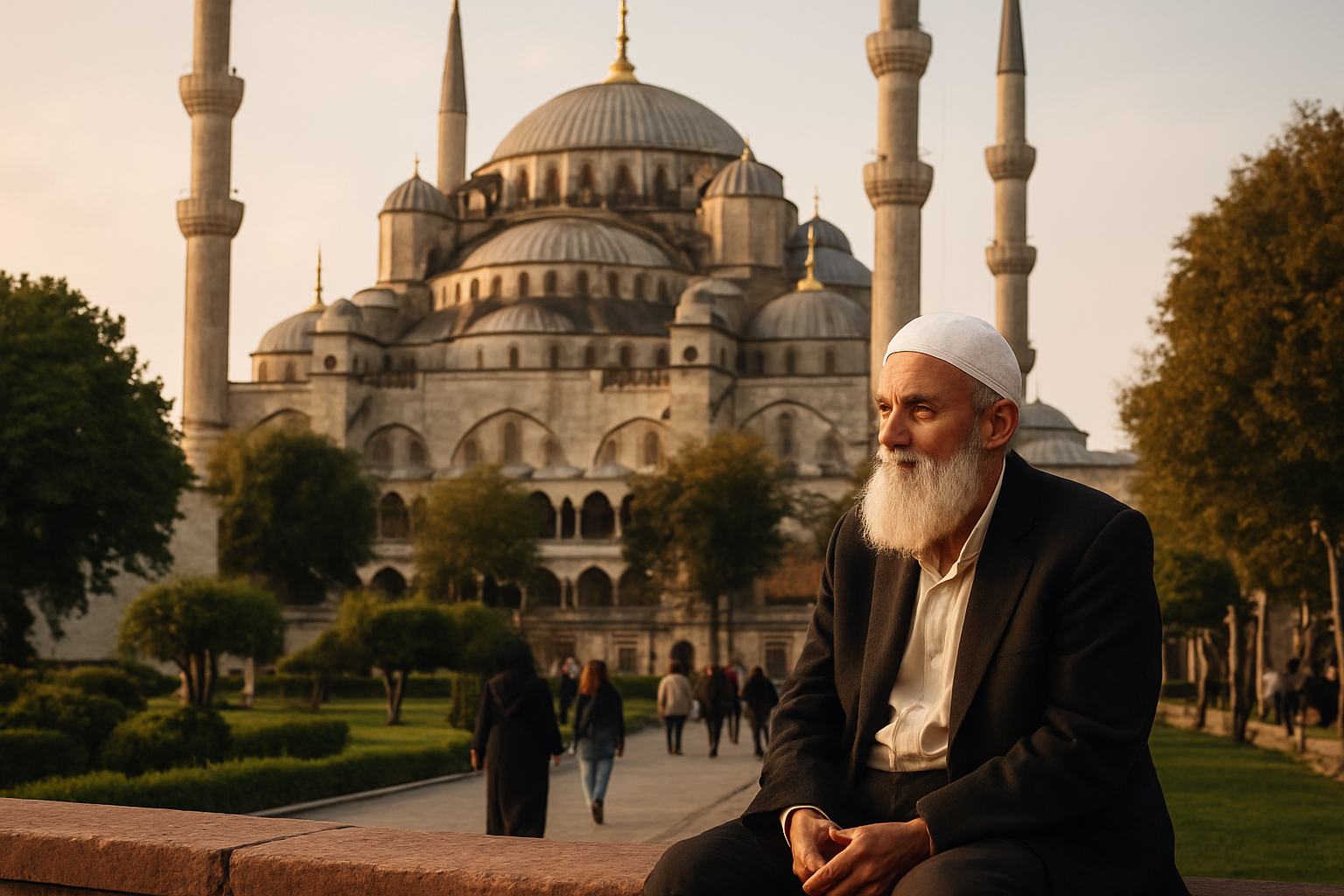Religion in Turkey: Understanding the Role of Islam

Moving to Turkey brings exciting opportunities alongside unique social experiences shaped by the country’s rich heritage. For many expats—whether arriving for work, study, or personal adventure—understanding Islam’s role in Turkish society can make daily life smoother and more meaningful. Even in cosmopolitan cities, Islamic values and practices often influence social etiquette, business culture, and festive occasions. Embracing this context not only makes day-to-day interactions easier, but also helps foster deeper relationships with local friends, neighbors, and colleagues.
Understanding Turkey’s Religious Landscape
Islam has a central place in Turkey’s cultural identity, with the majority of the population identifying as Muslim. While Turkey stands out for its secular government and laws, the rhythm of Islamic life subtly weaves through the country’s routines and traditions. Across different regions, you may notice varying degrees of religious observance. Istanbul and the Aegean coast exhibit a more liberal character, while towns in central and eastern Anatolia showcase tradition in stronger ways.
- Daily calls to prayer echoing from local mosques
- Frequent references to Islamic greetings and blessings
- Businesses adjusting their hours during prayer and Ramadan
- Widespread respect for religious customs, even among secular Turks
Respecting this diverse landscape helps you avoid misunderstandings and opens doors to meaningful connections with locals.
Common Religious Practices and Social Etiquette
Daily religious customs in Turkey often blend seamlessly with the nation’s modern pace of life. As an expat, you will notice several practices that influence workplace culture, public behavior, and even social invitations. Being mindful of these customs demonstrates respect and adaptability.
- Friday is a special day: Many employees attend Friday prayers, so expect some adjustments to meeting times.
- During the call to prayer, people may pause conversations or activities briefly.
- Alcohol is available, but avoid bringing it to gatherings unless you are sure of your host’s preferences.
- Dress codes, especially for women, may be more conservative in rural areas or when visiting mosques.
- During religious holidays, it is common to greet neighbors and exchange traditional sweets or small gifts.
Following these simple guidelines makes a strong positive impression and encourages reciprocity from your Turkish acquaintances.
Ramadan and Religious Holidays: What to Expect
Ramadan, the holy month of fasting, and religious festivals like Eid al-Fitr (Ramazan Bayramı) and Eid al-Adha (Kurban Bayramı) bring special customs and opportunities for expats to join in communal experiences. During Ramadan, Muslims fast from sunrise to sunset and focus on self-reflection and charity. Offices, schools, and local businesses often operate on special schedules to accommodate those participating in the fast.
- Cafes and restaurants may close during daylight but open for special fast-breaking meals in the evening.
- You may receive invitations to share iftar, the evening meal, with colleagues or neighbors—an expression of Turkish hospitality not to be missed.
- Traffic may increase near sunset as families rush home to break their fast together.
- Religious festivals bring joyful celebrations, street events, and opportunities to try traditional foods.
By participating respectfully in these occasions—greeting your neighbors with “Ramazanınız kutlu olsun” and accepting invitations—you can deepen your sense of community and cultural understanding.
Engaging with Islamic Culture in Daily Life
For expats with diverse backgrounds, Turkey’s approach to religion presents both challenges and rewarding learning experiences. Most Turks are open to discussing their customs and enjoy sharing explanations with newcomers. If visiting a mosque, dress modestly; women should have a scarf to cover their hair, and everyone should remove shoes before entering. Many mosques offer tours in multiple languages.
- Join public lectures and exhibitions explaining Islamic art and calligraphy.
- Visit neighborhood mosques or iconic sites like Istanbul’s Blue Mosque for deeper insight.
- Explore Turkish cuisine for dishes linked to religious festivals, such as güllaç during Ramadan.
- Attend local festivals and fairs, which often blend religious and cultural themes.
Participating in these activities can expand your social circle and give you firsthand appreciation for Turkey’s unique religious blend.
Tips for Navigating Religion as an Expat
Adjusting to life in Turkey means finding your balance between respecting religious customs and maintaining your personal beliefs. Most Turks value tolerance and hospitality, provided both visitors and residents express basic respect.
- Use common greetings—such as “Merhaba” or “Selamün Aleyküm”—to break the ice.
- Show curiosity about customs, but avoid critical or political discussions about religion.
- If in doubt about etiquette, ask your Turkish friends; they generally appreciate genuine interest.
- Remember public holidays and expect some changes in government and business hours.
- For those with children, schools may offer education about religions, presenting further learning opportunities for the whole family.
By approaching these interactions with openness and an interest in learning, you can not only avoid social missteps, but also build lasting friendships and enjoy your time in Turkey to its fullest.
